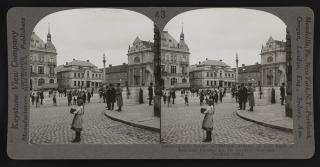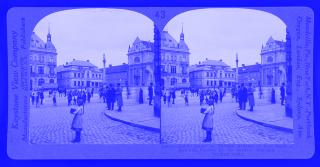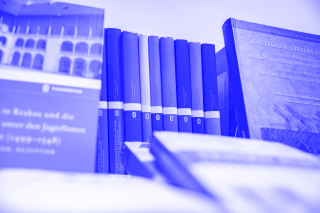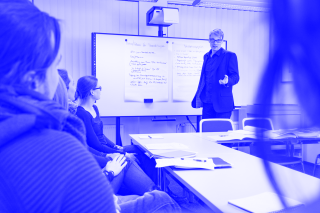
GWZO Junior Research Group
Contrasting East Central Europe
The GWZO Junior Research Group »Contrasting East Central Europe« was established in April 2019. The group examines cultural and social change in East Central Europe in comparison with other European sub-regions and across the world. The group’s research pursues a transnational and transregional approach that opens up the regional focus to the East and to the West and considers the regional processes in a global context. For this, the Junior Research Group draws on current debates in area studies and global studies and combines comparative methods with those of transfer and entanglement. By considering contrasts, crises and caesura, the group’s research uses multiple perspectives, dynamic conditions and spatial overlaps as a point of departure for comparison.
As a key element of the institute’s career development goals, the Junior Research Group is attached to the Directorate. The group members engage in regular interdisciplinary exchange with the researchers of from various GWZO departments.
Within the GWZO Junior Research Group, researchers from the fields of history, cultural studies and political science develop new comparative approaches to Eastern Europe.
The Junior Research Group was led by Dr. Corinne Geering until January 2025. On 1 February 2025, Dr. Corinne Geering was appointed to the tenure-track professorship 'Transformative Change in a Social Science and Humanities Perspective' at the Johannes Kepler University Linz.


